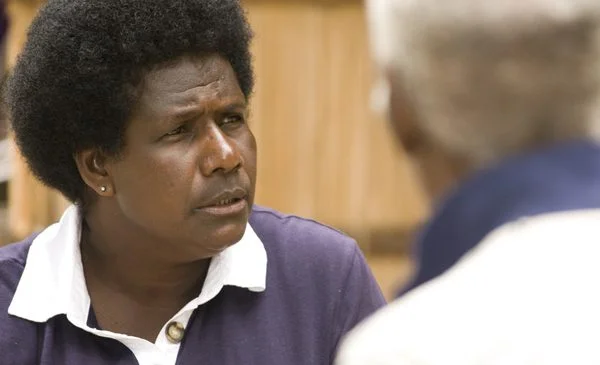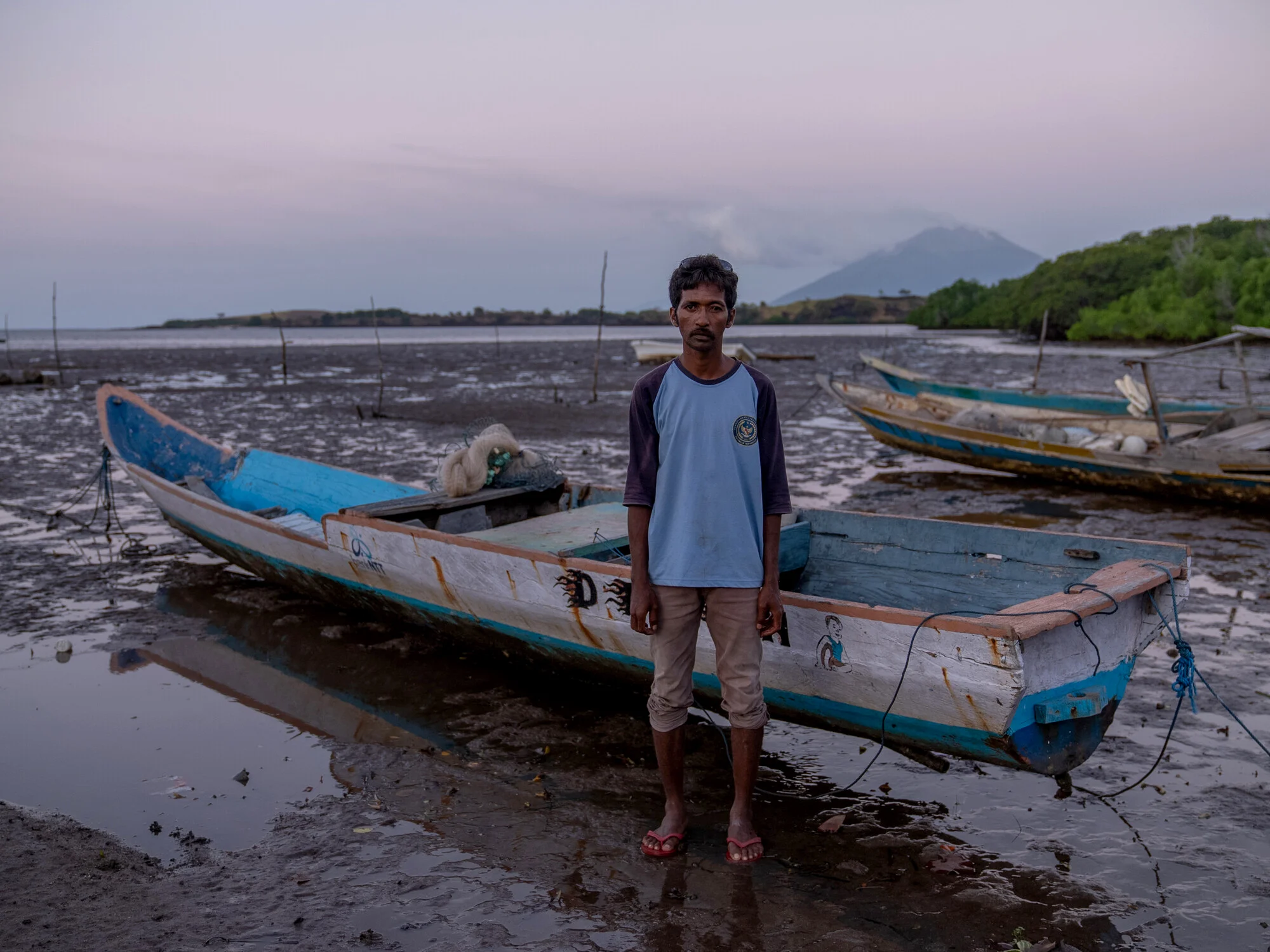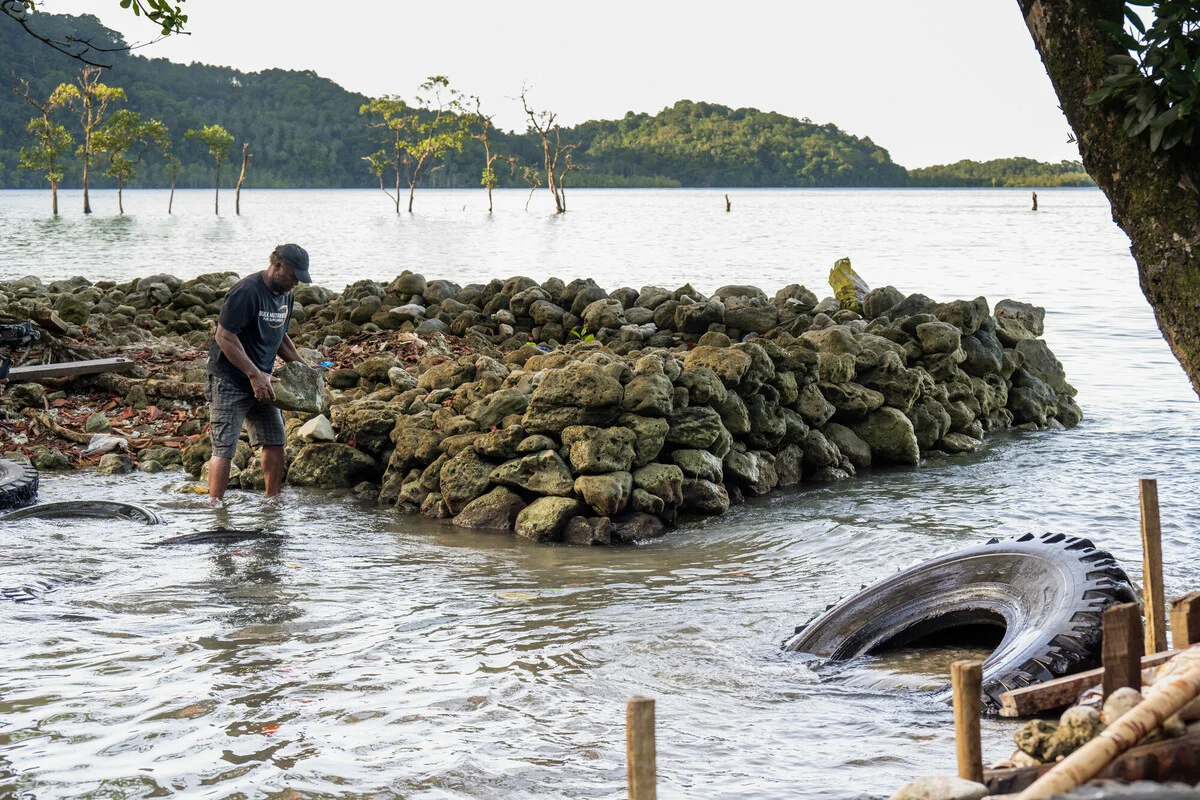Ursula Rakova from the Carteret Islands is in Cancun for the climate change talks. She’s hoping to bring home to world leaders the painful reality of climate change for those living on the frontline.
The reality for Ursula and her people is that their atolls are becoming unlivable. The community has built sea walls and planted mangroves, but they cannot stop the sea eroding the shoreline or destroying their gardens. People are surviving on fish and coconuts, and they’re showing signs of malnutrition. Ursula set up Tulele Peisa, or “Sailing the waves on our own”, to coordinate the relocation of the Carterets’ 3000 inhabitants to mainland Bougainville.
Our friends at Oxfam New Zealand talked to Ursula Rakova shortly before she left for the climate talks in Cancun:
How did you feel after the climate talks in Copenhagen?
“It was a big shame that world leaders failed to sign the global treaty [in Copenhagen] because that basically would have measured world leaders’ actions against their words.
When last year’s talks failed, to us as a frontline community that face the impacts of climate change every day, we thought this was a total disgrace and an injustice by world leaders who are the main polluters. It is a disgrace when you fail to see them putting something into action. They think that business as usual is OK and that they can continue to pollute…and force vulnerable communities to carry on with life as if nothing’s happening. To me, this is not justice.
And so when they talk about justice, where does justice come in when you’re basically violating another person’s right to a safe environment?”
What do you hope for in Cancun?
“For Cancun, I will really, really push that world leaders sign this treaty because I think this treaty will measure leaders against their actions.
I would like to see more countries looking into clean energy. I would also like to see adaptation funds being directed to communities that are already well ahead in their own programmes.”
Originally posted on Oxfam NZ



